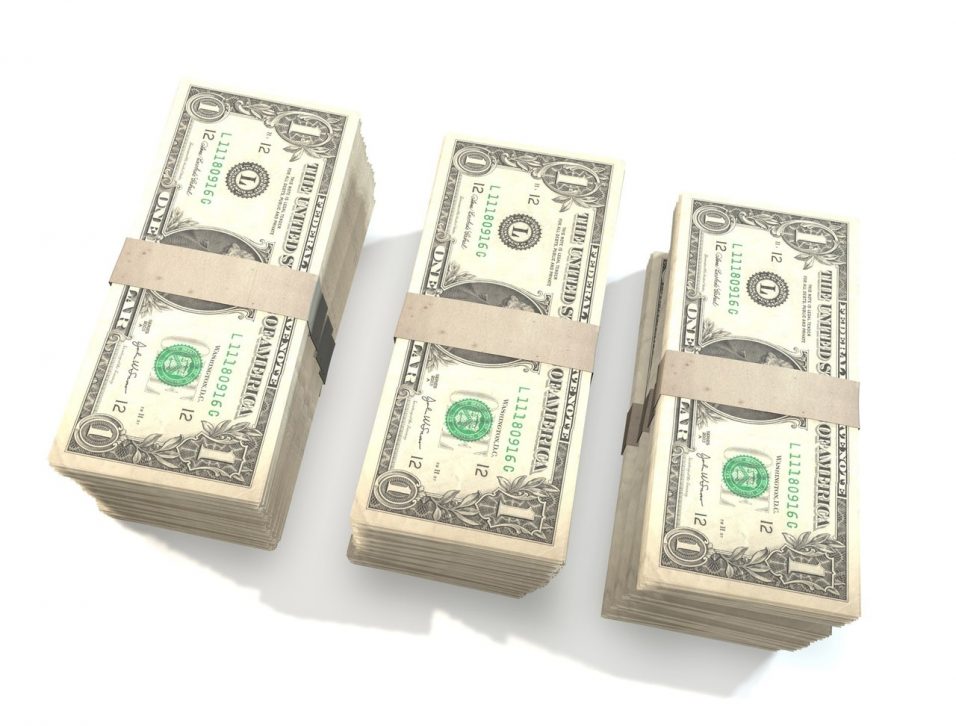On September 26, 1991, I was 20 years old, and I went with a group of friends to see Anthrax and Public Enemy headline at The Ritz on 54th Street in New York. Primus was one of the openers; the show was incredible. My glasses were smashed in the mosh pit, I got shoved to the floor by a very large gentleman who took offense at my mere existence, I lost my friends and had to wander the streets of Manhattan penniless and nearly blind, sweat drying on my skin, ears ringing. The emotional catharsis of the evening remains with me to this day, a distant echo of my youth.
These days, more often than not, when I attend events and shows I’m there in a professional capacity, or as professional a capacity as a sketchy-looking middle-aged freelance writer can ever manage. I write about a lot of things, and get paid okay money to do so. One of the side effects of attending things is you’re never really there, you’re never part of the moment. From the moment you walk through the door, you’re building a narrative. You’re taking photos. You’re making mental notes. You’re a ghost.
####
I attended a record release party recently. Local artist, very DIY. It was held in an old decommissioned church, a soaring, beautiful space; the owner of the property was struggling to keep it from being converted into condominiums, which has happened to a few other local churches recently. A hundred, maybe two hundred people were in attendance, wine and beer and food was being served. We all got a copy of the CD, and I spent a moment wondering at this physical object—who in the world still used CDs?
Cocktail hour, and I made the rounds, sipping beer and wine and chatting. I was never there, though; I was building a narrative. Noting details without experiencing them. The buzz of conversation, the quality of the wine (surprisingly high), the awful acoustics. The crowd looked non-local, imports from other locations.
When the band started playing, I angled about, taking photos, worming my way through clumps of people and snapping away. Then I stood watching as people danced in the front, stood blank-faced in the middle, and brazenly ignored the show in the rear, their cocktail chatter still buzzing much to the band’s annoyance. The band was great. I still wasn’t there. I was thinking of headlines for the piece I would write later or the next day. I didn’t dance in the front; I watched it carefully so I could describe it. I didn’t stand blank-faced, listening; I noted the lighting and the way everyone was dressed, so I could set the scene. I didn’t stand in the back with a drink in my hand chattering away, because I was a ghost.
####
My memory is terrible. I have always lived in the present; the past recedes from me, becoming a murky, dense fog, free from details. The future always seems impossibly distant. I am consistently making the mistake of assuming the way things are right now is the way they will always be, forever. I don’t remember things I did last week, much less things I did ten years ago, or twenty.
When I go through my old ticket stubs, there are shows I can’t remember. Not because I was inebriated, but simply because sometimes you went to a club or stadium, the band played, and nothing was out of place or unusual or unexpected in any way. You enjoyed yourself, you went home, the next day you got up and went to work. Or you went to a show because friends were going and you were invited, or because you had nothing better to do. And over time my brain simply moved on. I wonder sometimes if the memories are still in there, buried, encoded, encrypted. Every now and then you have a Proustian Madeleine moment and something bubbles to the surface, dislodged by some random experience or observation, a flavor or smell, a sound.
Now every event I attend is remembered in detail. I have photos. Notes. Sometimes an interview. While the physical object of a CD feels strange, recording everything on my phone doesn’t, even though I grew up without such marvels. When I was a kid going out on the weekends, there was no way to record myself, to preserve experiences. Now I do it routinely, disdainfully, solely to augment my non-existent memory.
I observe everything in real-time with an eye towards that narrative, that story I will tell for fifty or a hundred or two hundred bucks. Even though my memory is still as unreliable and tricksterish as ever, I now have everything recorded for posterity, so I will always be able to reproduce the events of an evening, regardless of whether I enjoyed myself or crawled out of my skin with boredom or experienced something in-between.
####
In order to build a narrative and write up an evening’s activities, you have to be once removed from everything. You have to hover just outside your body so you can observe. Your body, dumb and trained by muscle memory, continues to go through the motions. It nods and smiles, it bobs its head along with the rhythm of the music, it sips a domestic beer. You hover just above and behind it, paying attention, like someone in a bad story who is having a near-death experience, rising out of their body, then being whisked away by the Ghost of Release Parties Future to see your life the way an audience would.
As a result, nothing actually affects you. When the crowd responds to something the band does, you observe it like a visiting alien intelligence, intensely curious about human beings and their tribal ways, but unfamiliar with it. When the lights come on in the middle of the show, blinding everyone, you don’t experience it as another point in a matrix between the emotional pull of the music and the physical shell you inhabit. Rather you look around owlishly, scouring faces for reactions to shape your story. Are people excited by this technical gaffe? Annoyed? Is it perhaps a pre-arranged moment and you, invited not as a friend or a fan but as a conduit to the larger, largely disinterested world, aren’t clued into?
You’ll never know.
Back in 1991, of course, I was a more efficient machine. All I needed to survive was bad food and cheap beer, good music and a warm coat. Scurvy and dehydration were constant but my rent was $240 a month. I didn’t need electricity or fresh vegetables or expensive whiskies that were distilled decades before I was born. Now I’m older and require the economy of a small island nation to survive each day. I’m as nimble as an aircraft carrier and larded with expensive ailments. I have to monetize my time. I have to listen to my inner David Mamet, my inner Alec Baldwin and Always Be Closing. And so I attend things but I don’t go to them. I observe but I don’t experience. I make notes but I don’t remember. My calendar is full, but none of the memories stick, because that’s what you give up when you write for money.










